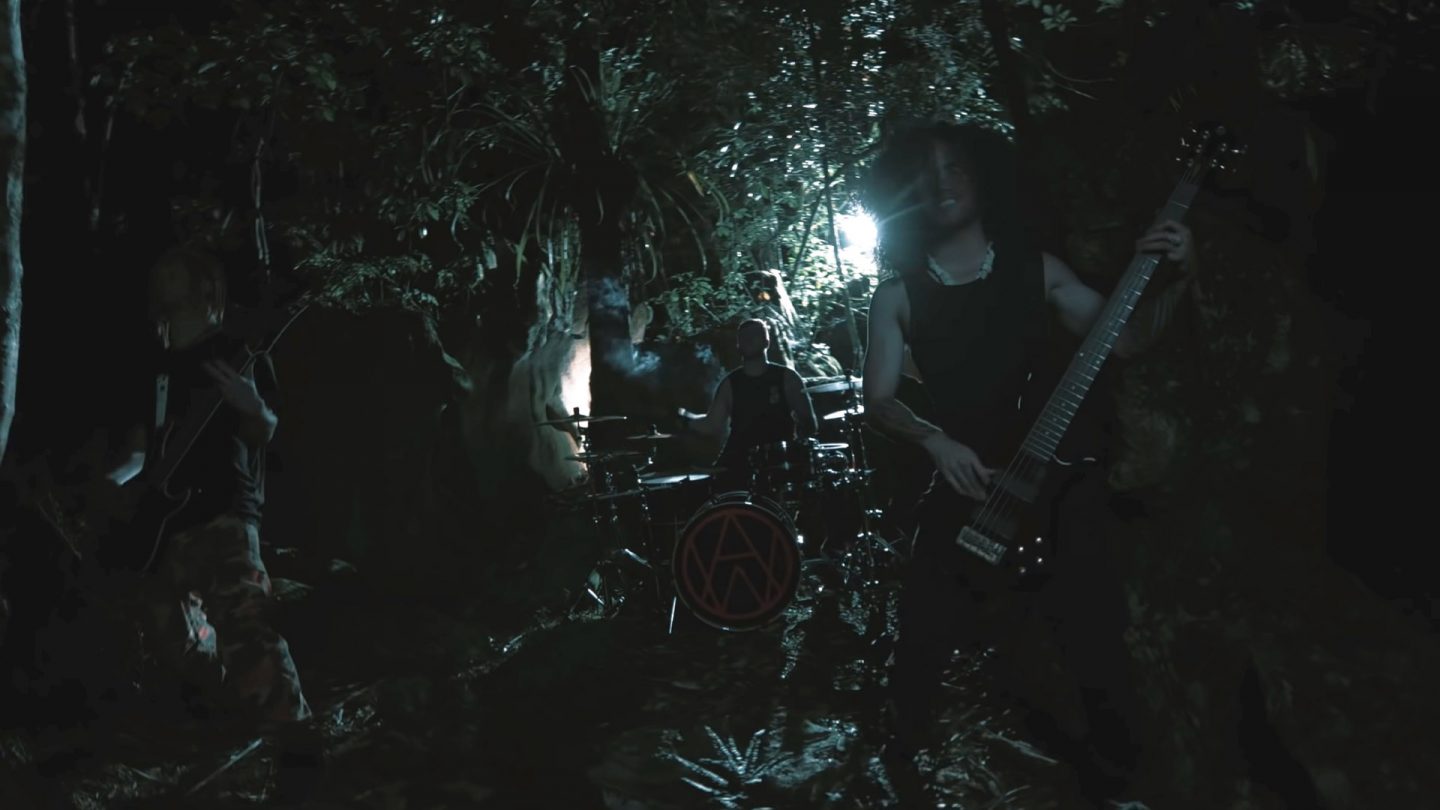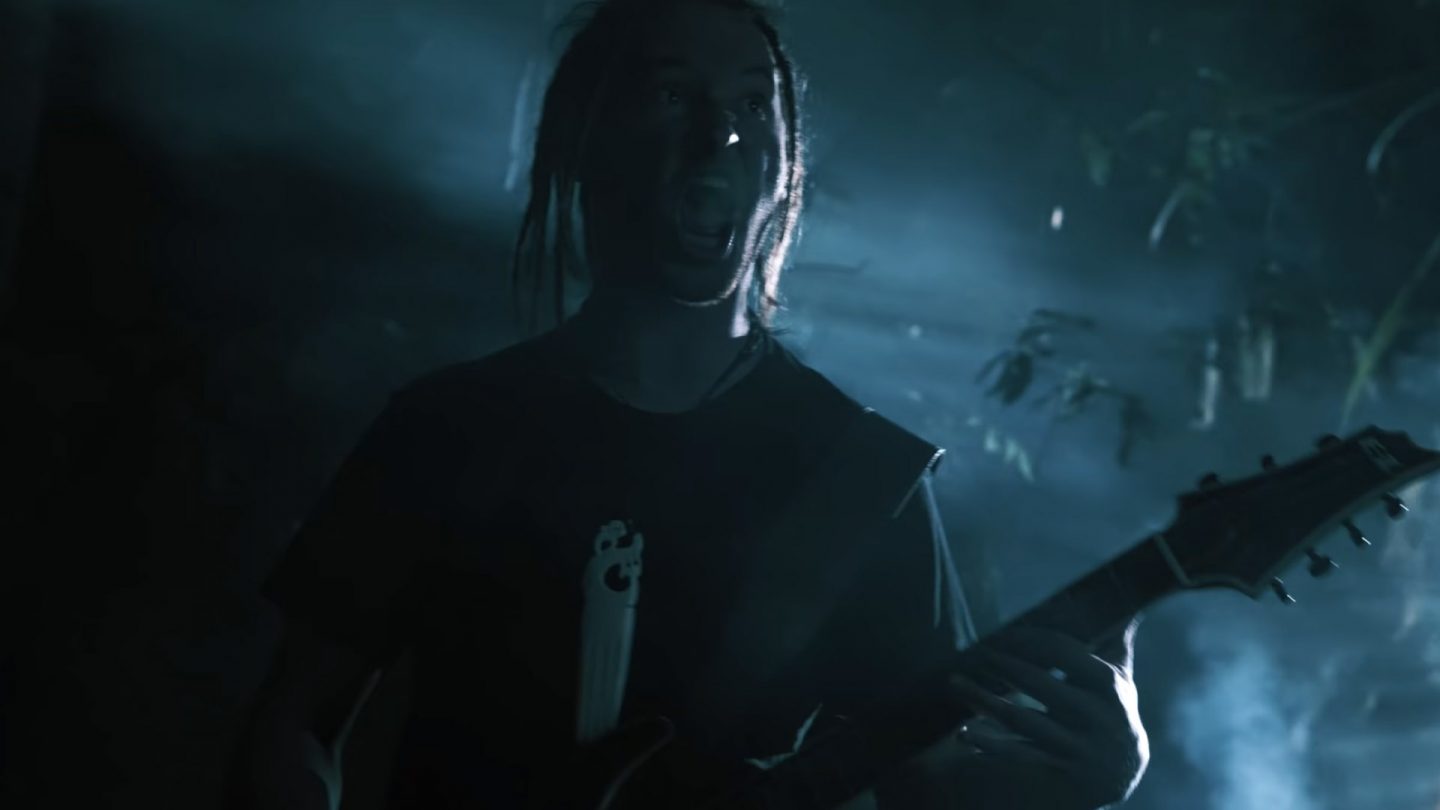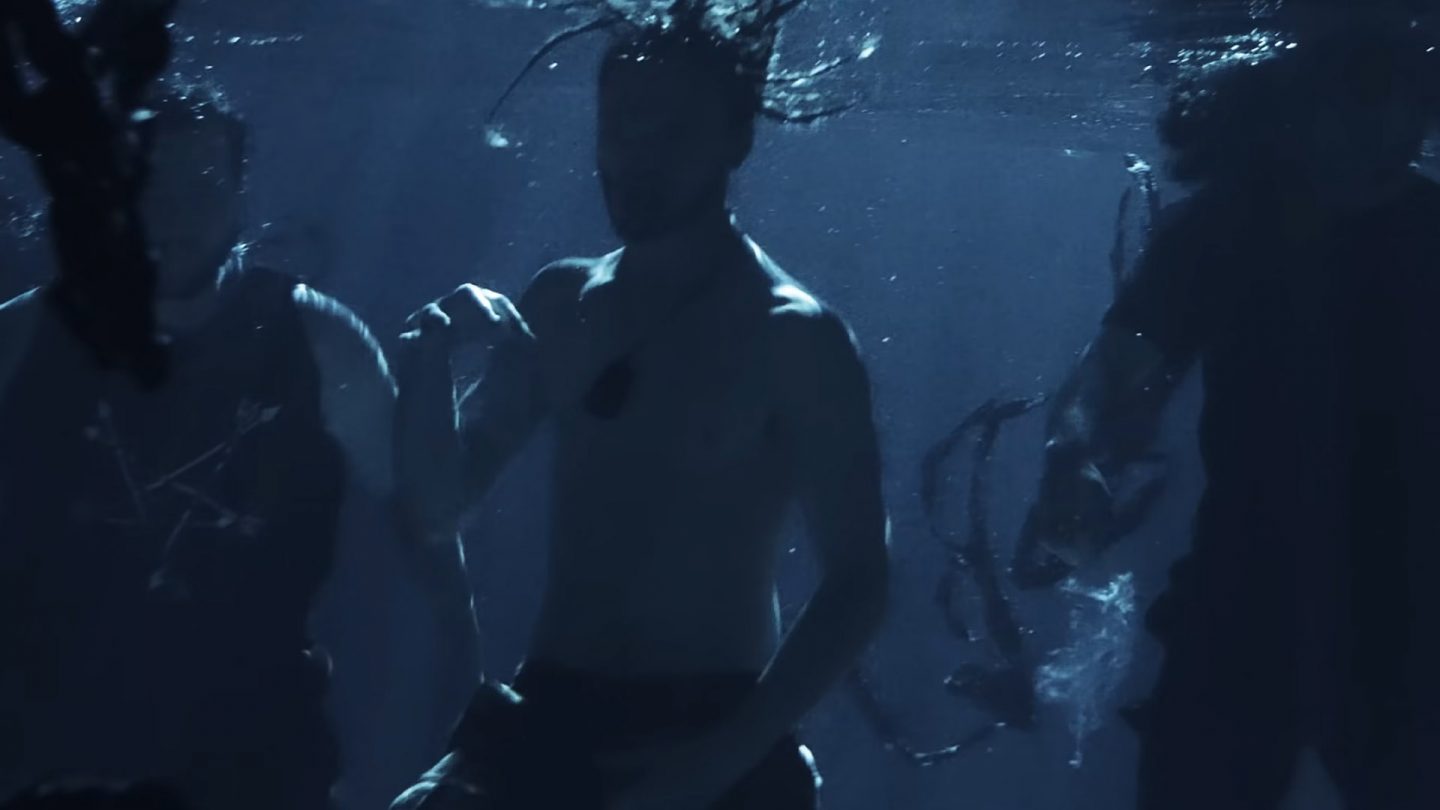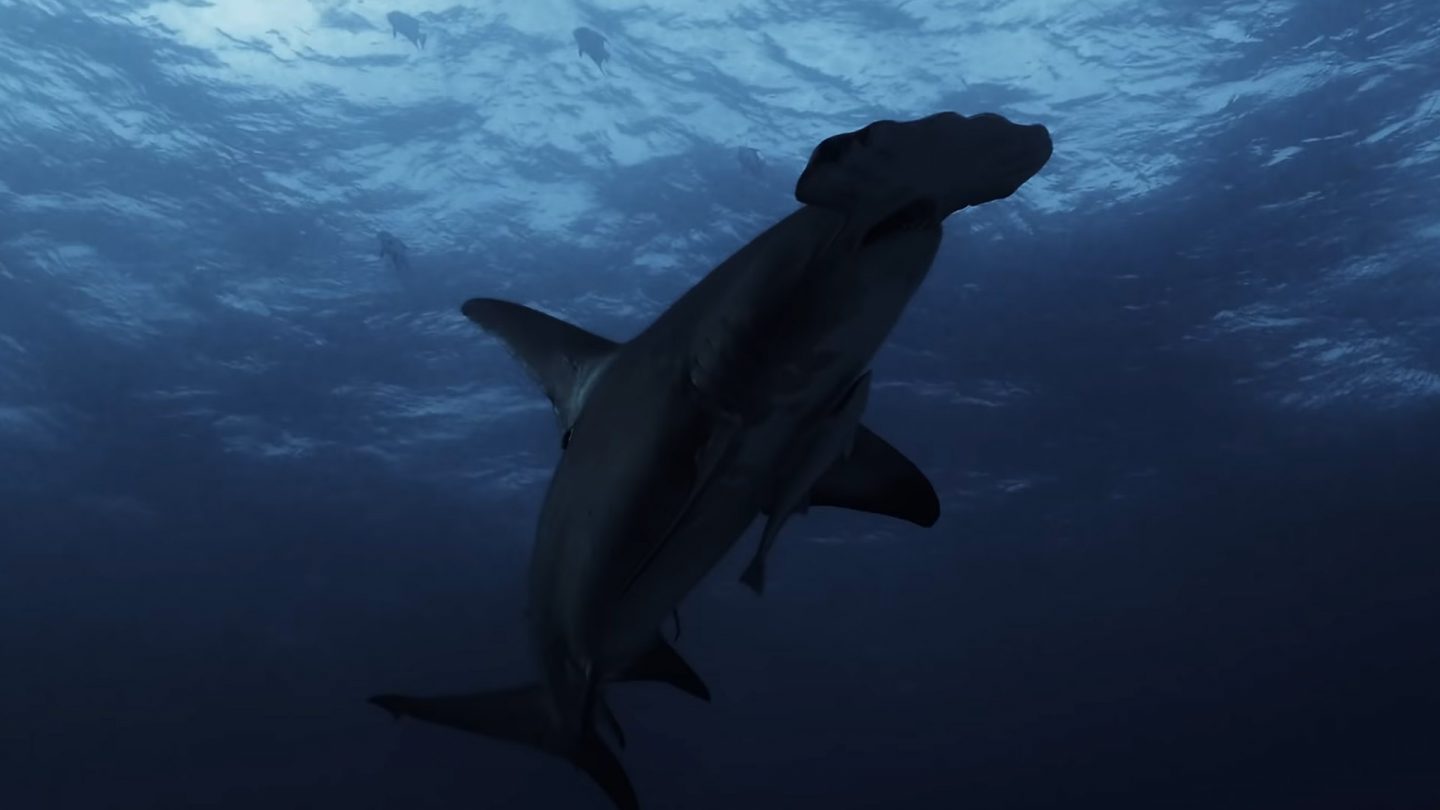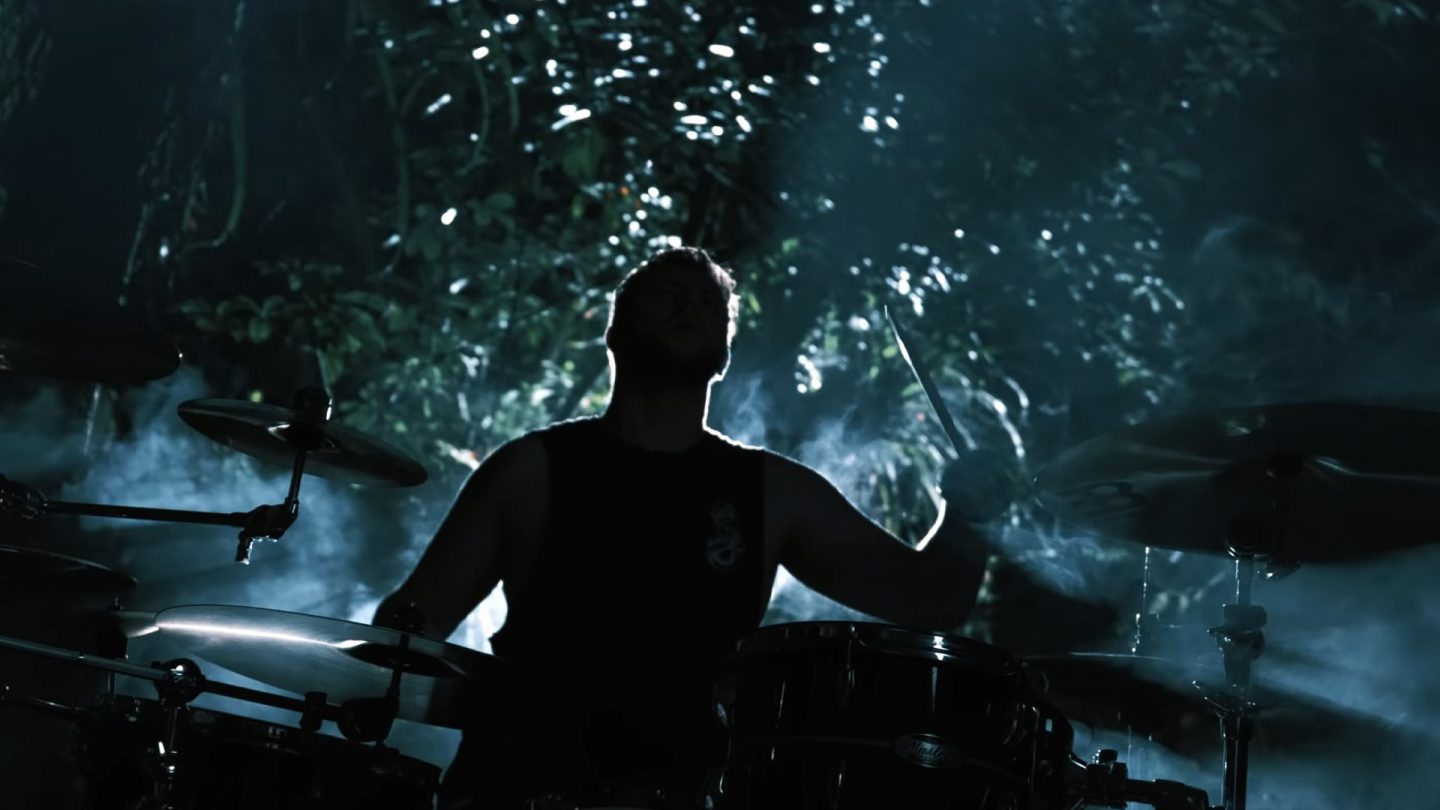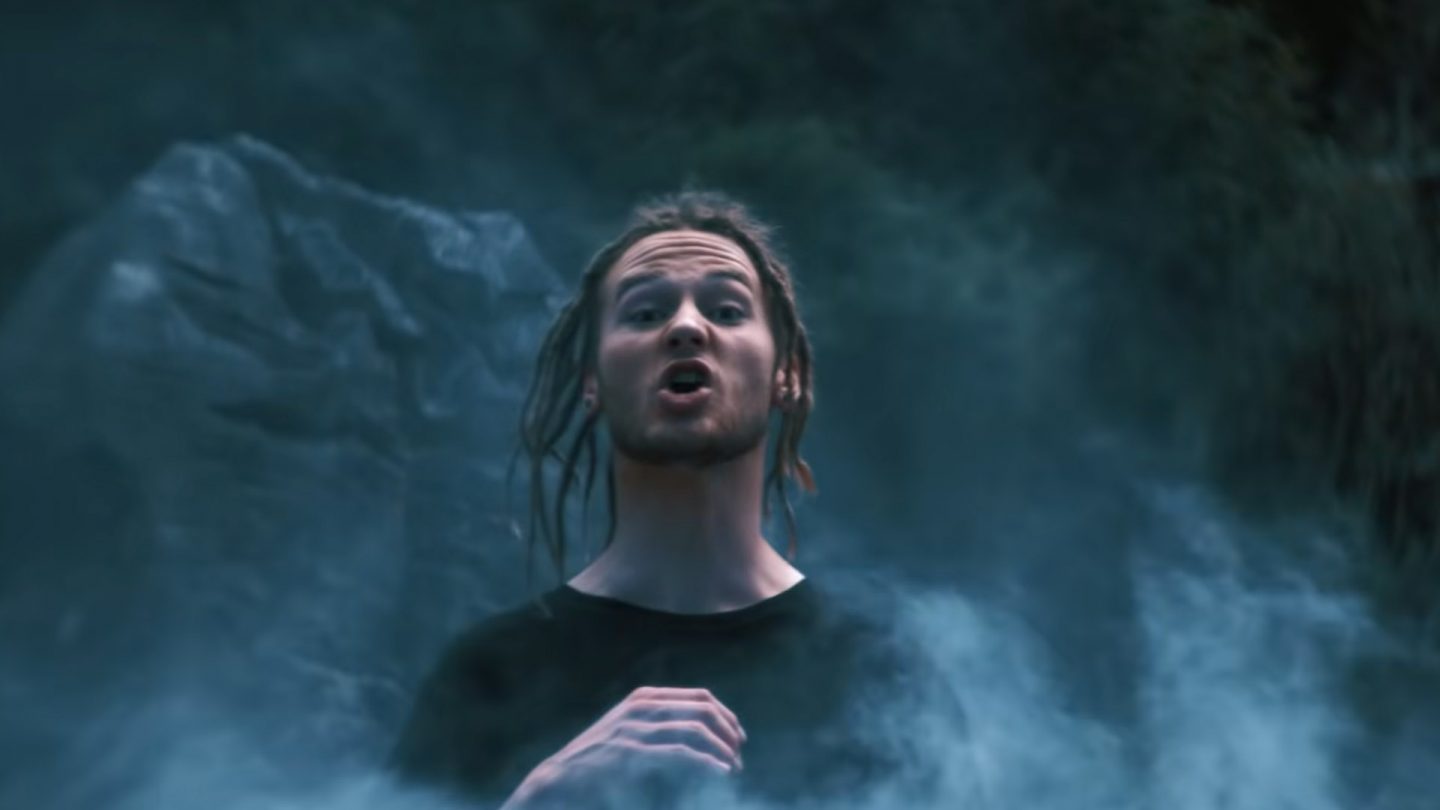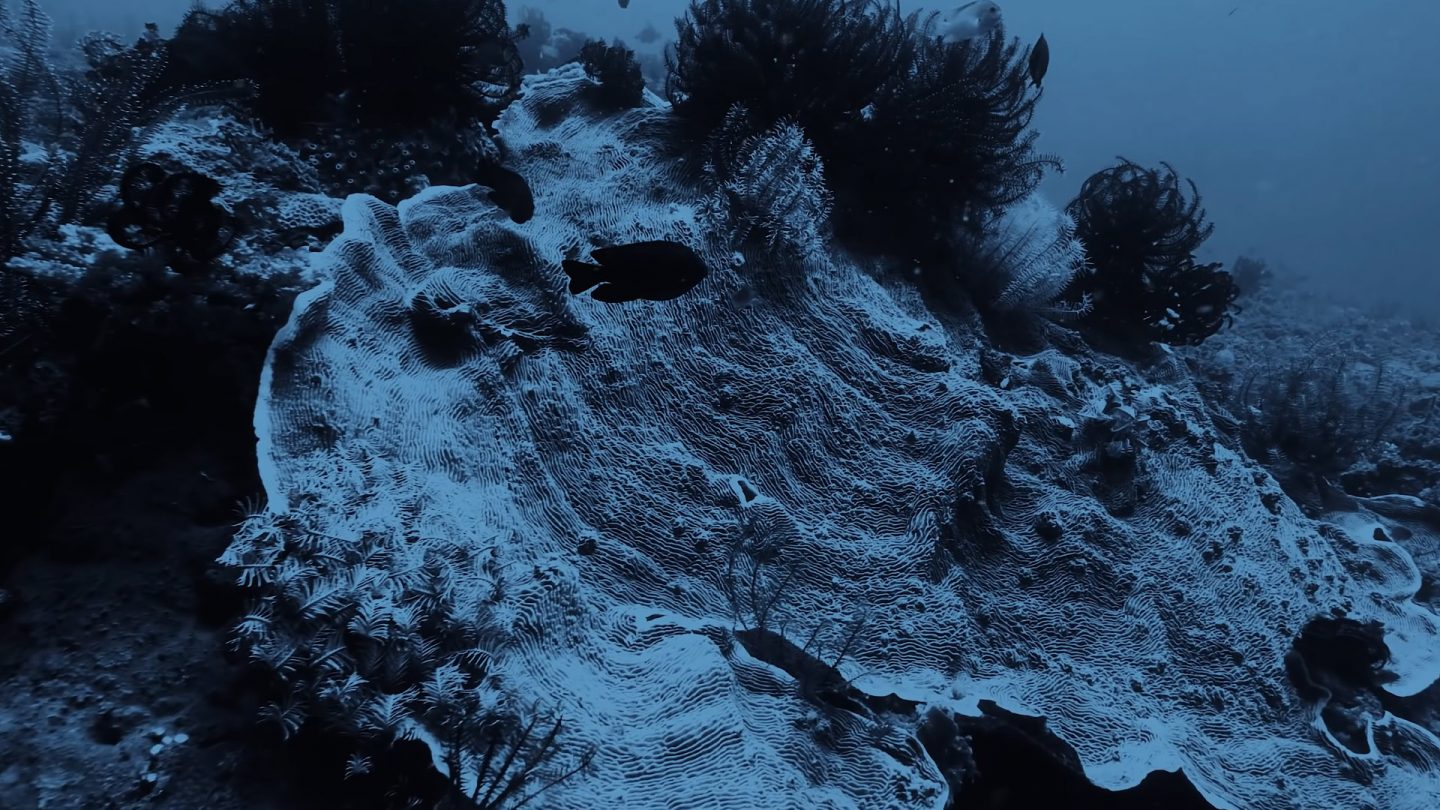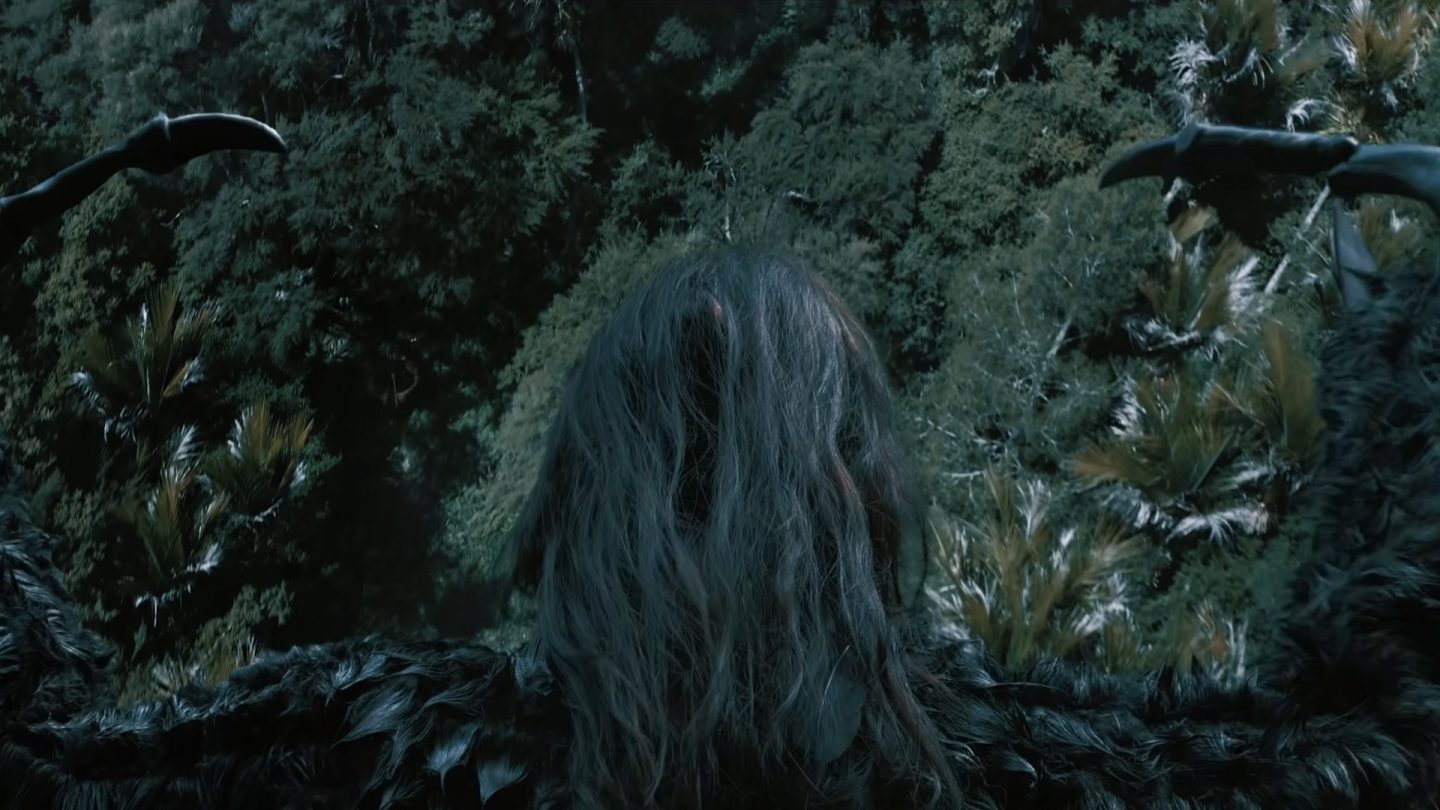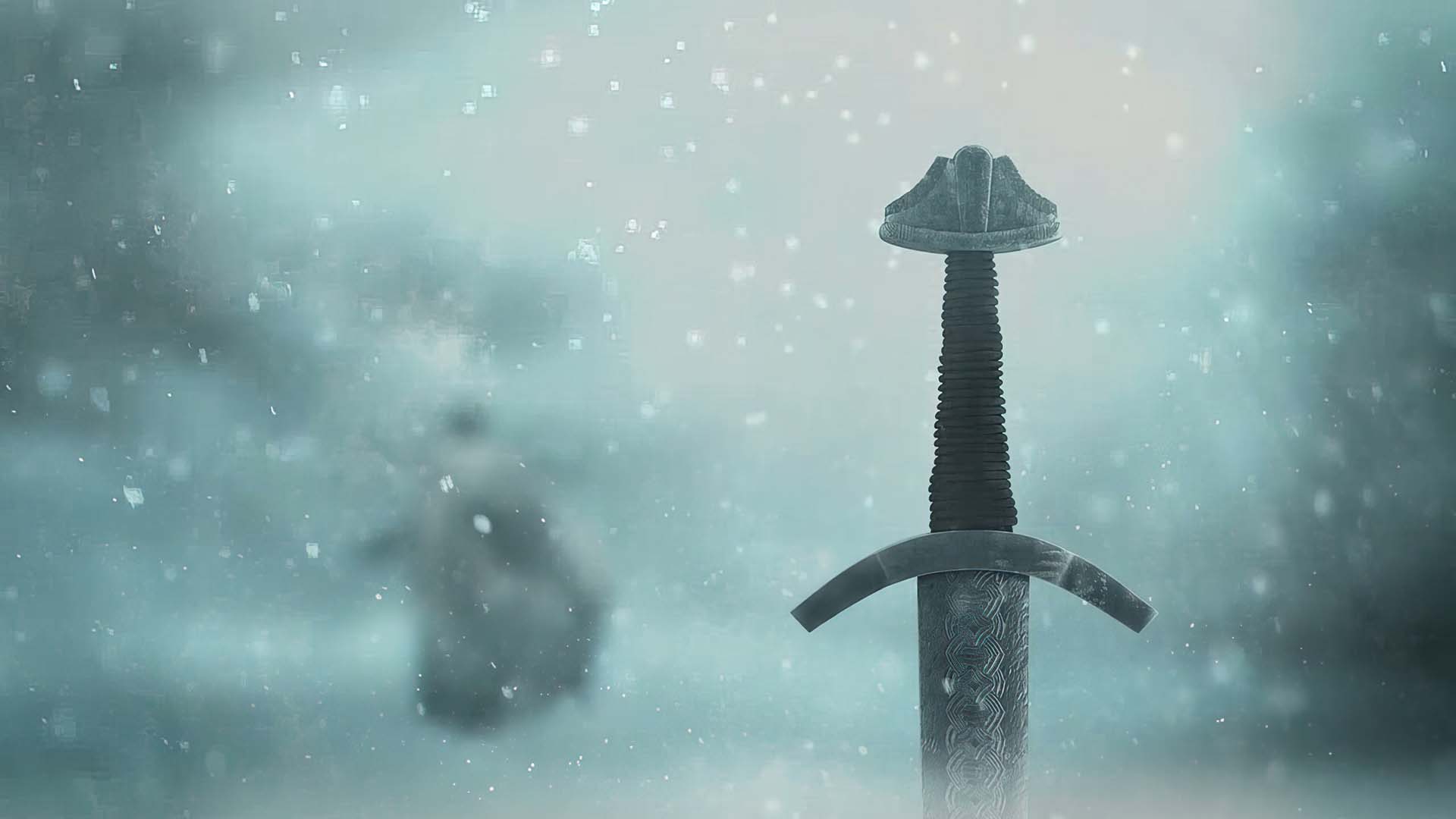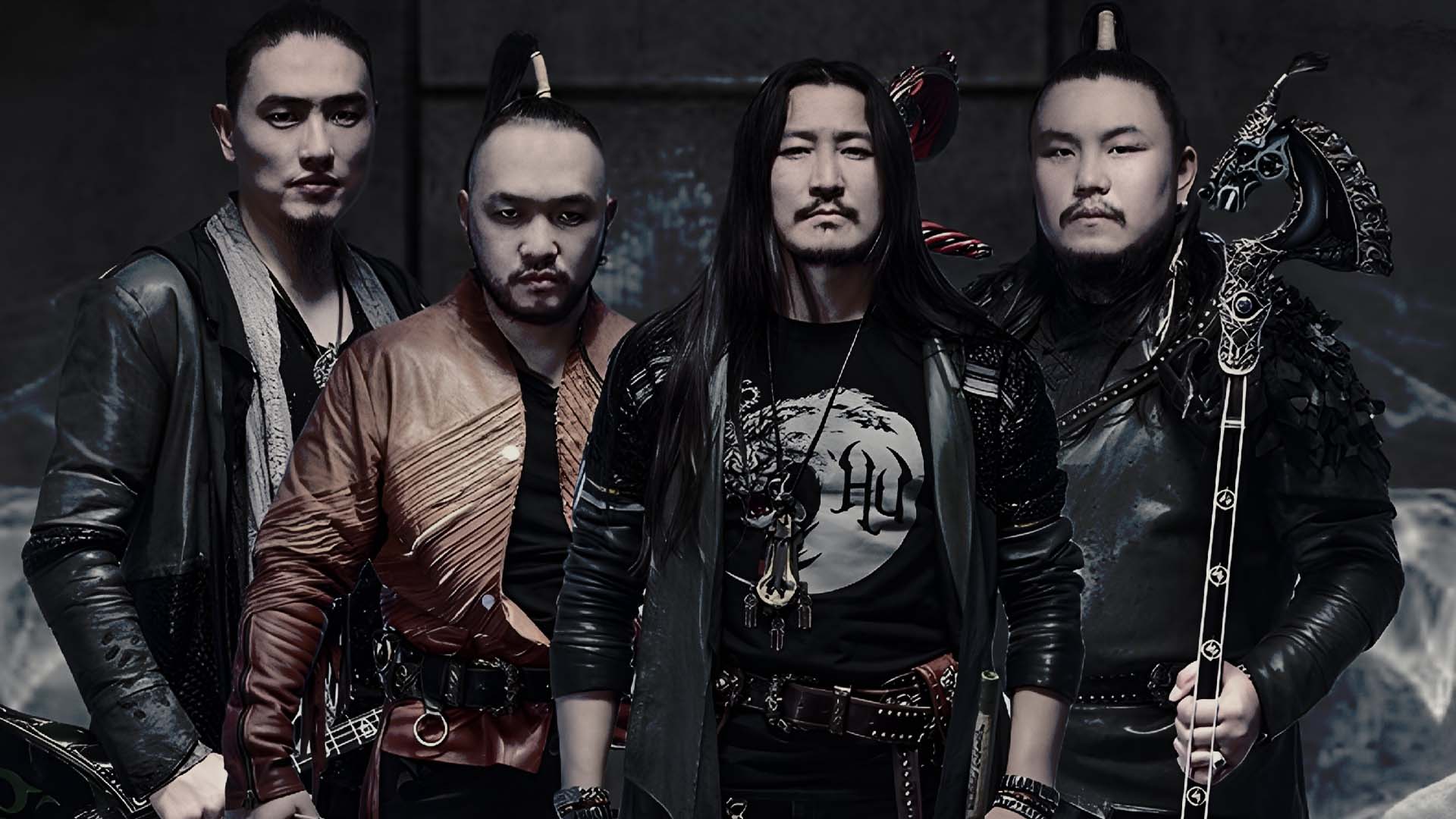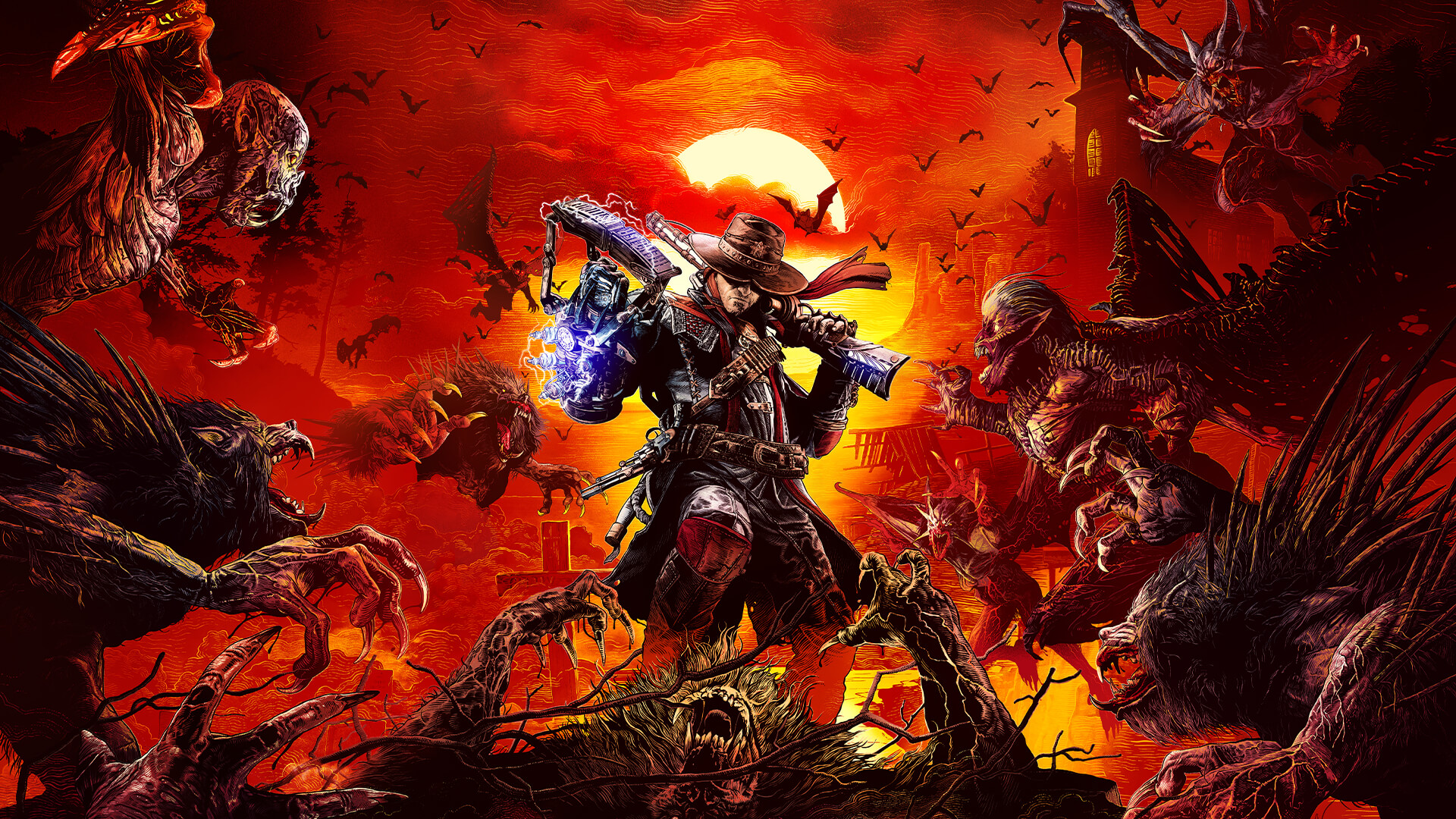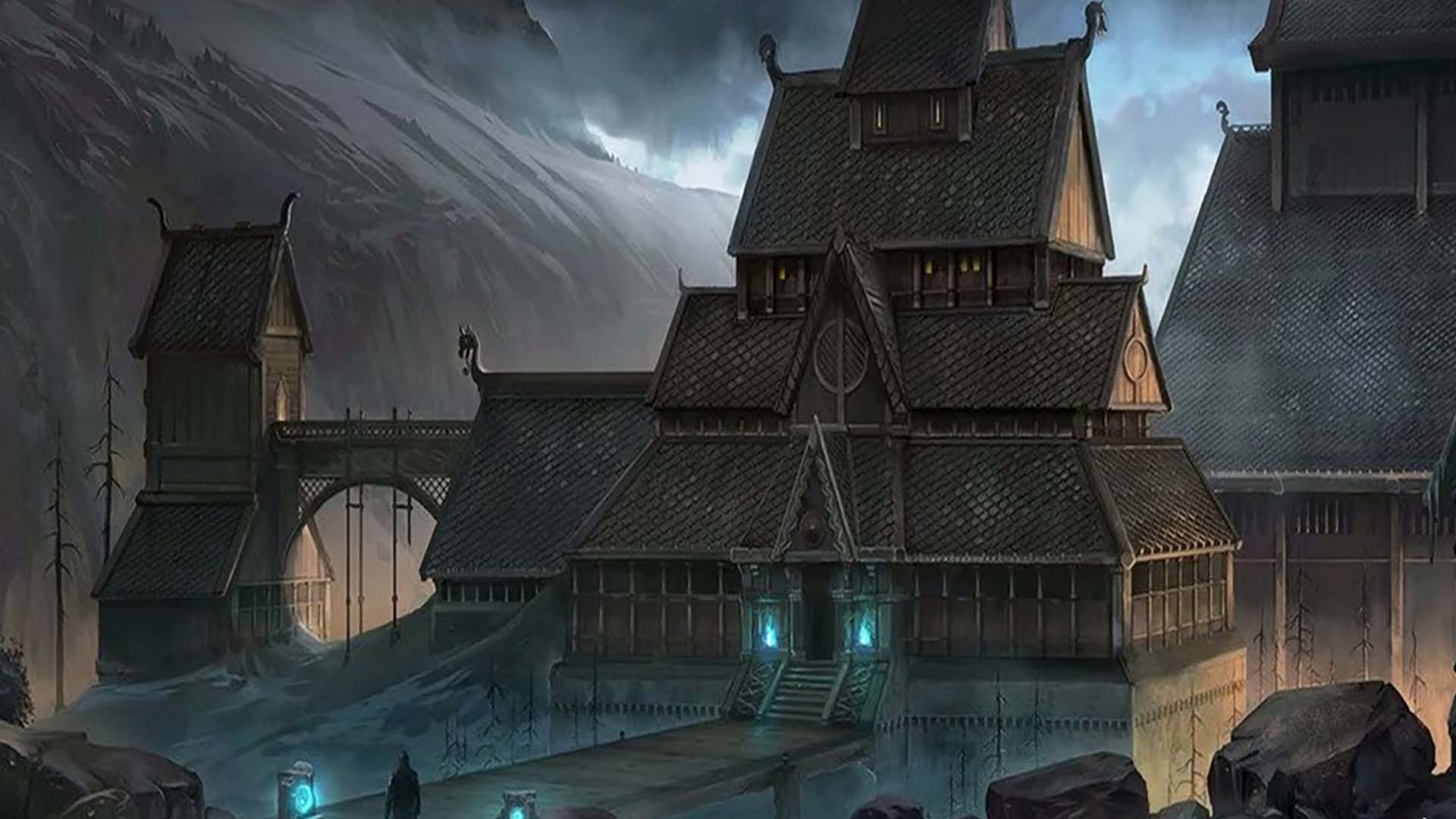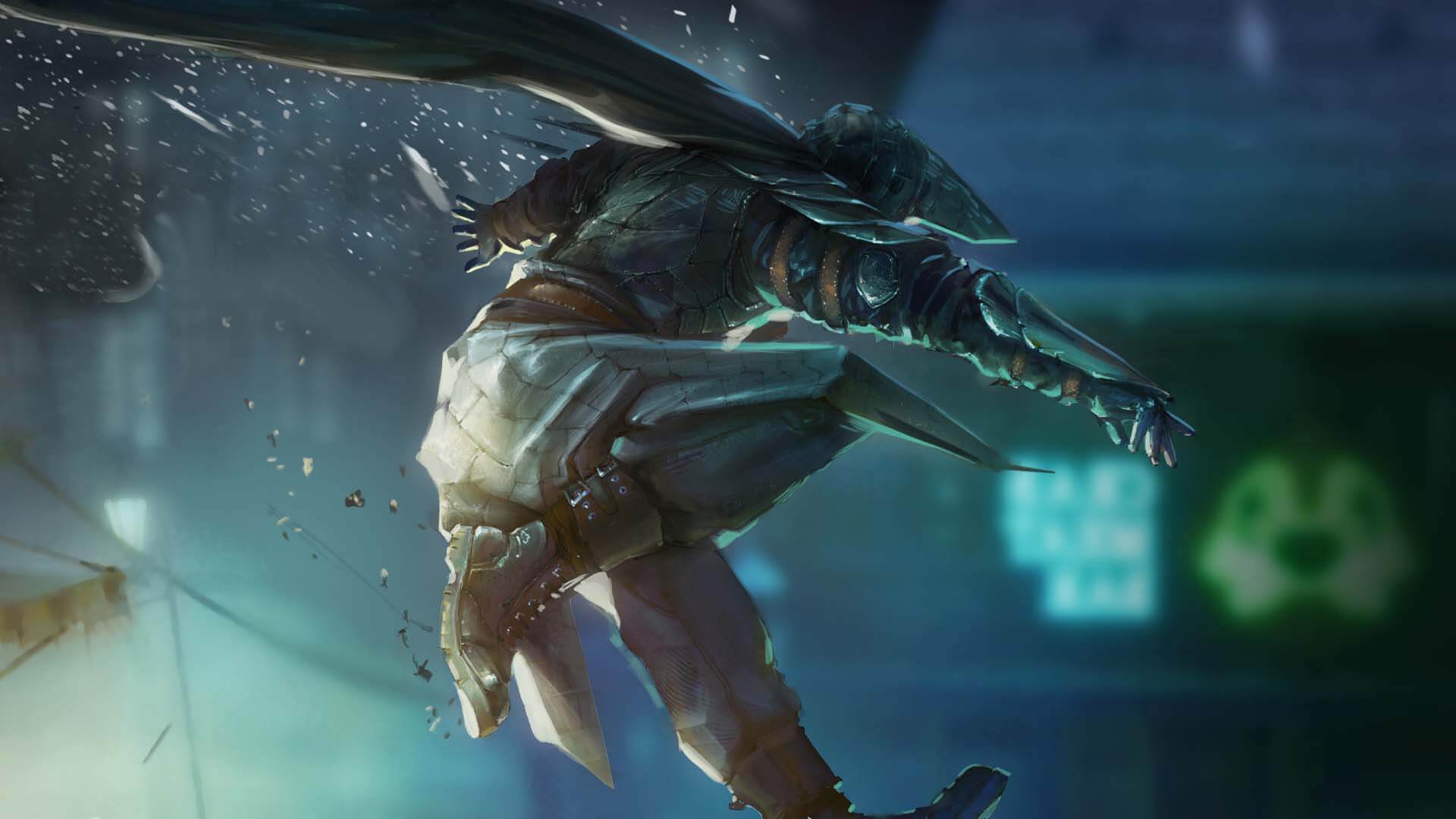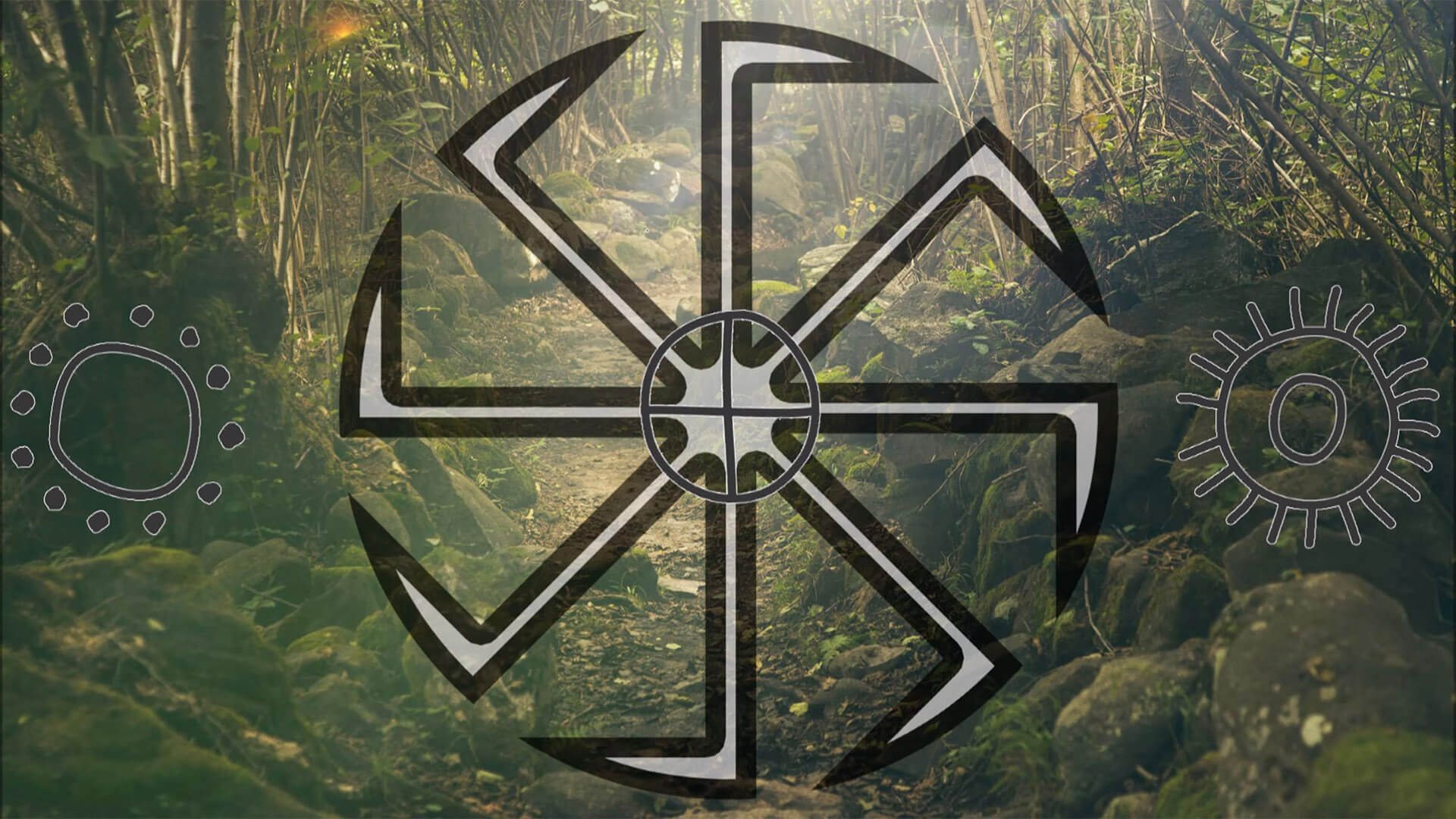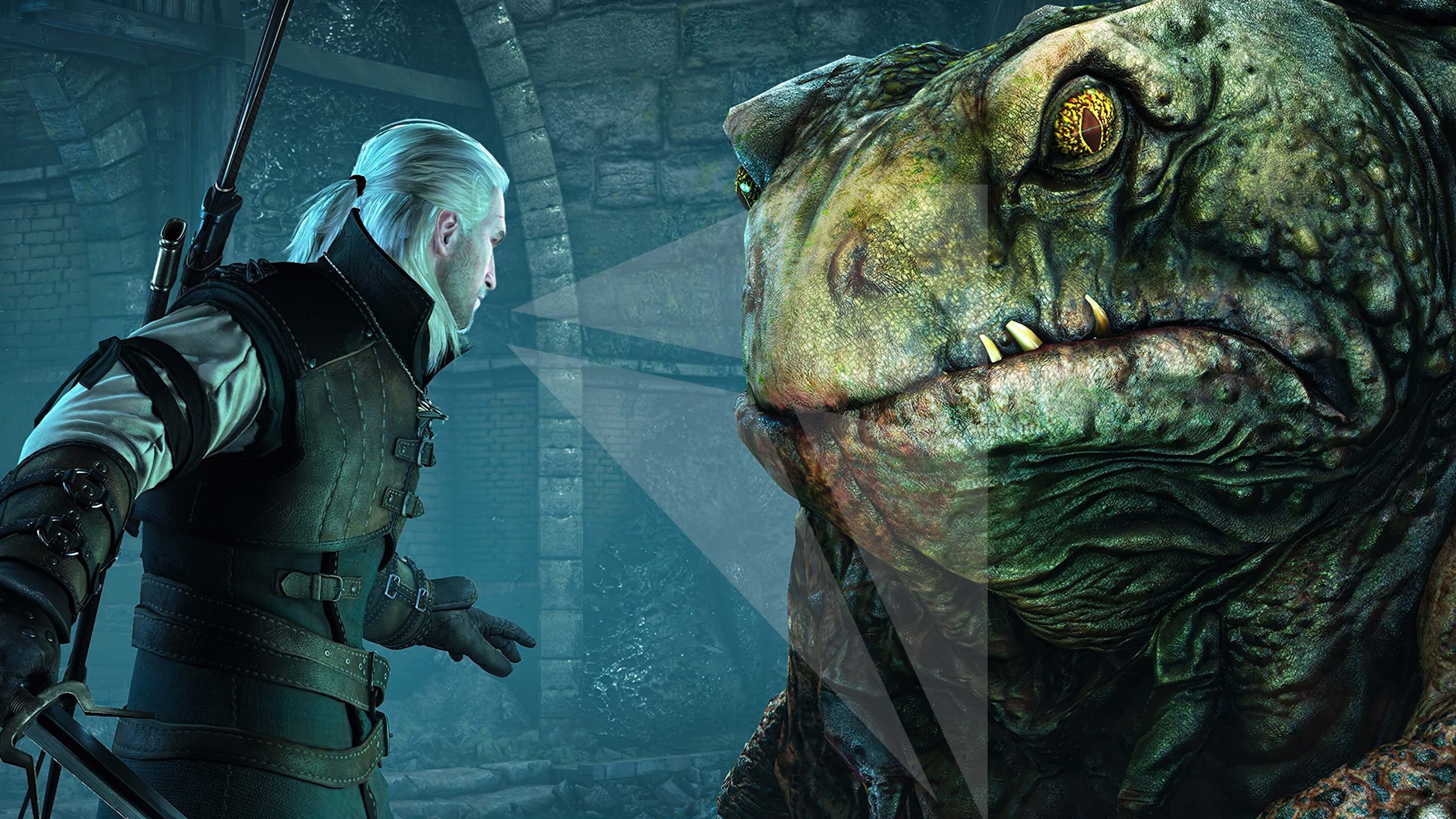September 21, 2021 — When Alien Weaponry emerged in 2018 they represented an immensely exciting new prospect in heavy metal. The band consists of singer and guitarist Lewis de Jong, drummer Henry de Jong, and bassist Tūranga-Morgan-Edmonds — their debut record Tū being a bold statement of personal and cultural identity centered around the trio’s heritage in New Zealand’s Māori culture.
“Alien Weaponry is not peddling gimmicks for show — Tangaroa is a straight-ahead thrash thumper that can go punch-for-punch with the bands breaking through into the metal mainstream.”
Much as Sepultura did with Roots some 20 years before them [before the majority of the band were even born, no less], Alien Weaponry built from a foundation of heavy metal tropes and aesthetics whilst utilizing sounds and flourishes derived from their upbringing and identity.
Haka chants, tribal beats, and the usage of traditional instruments blurred the boundaries between folk and wider heavy metal in a way that affirmed metal’s wider global cultural influence, its capability for giving musicians means of self-expression that could be individualistic but connect with international audiences. But three years [and several global tours] on, how do the band cope with the weight of expectation surrounding their second record Tangaroa?
Practice makes perfect
As a concept, Alien Weaponry never particularly sounded uncertain of their capabilities, nor the message they were trying to spread on Tū. Even so, Tangaroa feels like a more concise, well-measured version of the band’s initial formula, affording themselves more space in the songwriting to allow the grooves to truly take hold and breathe.
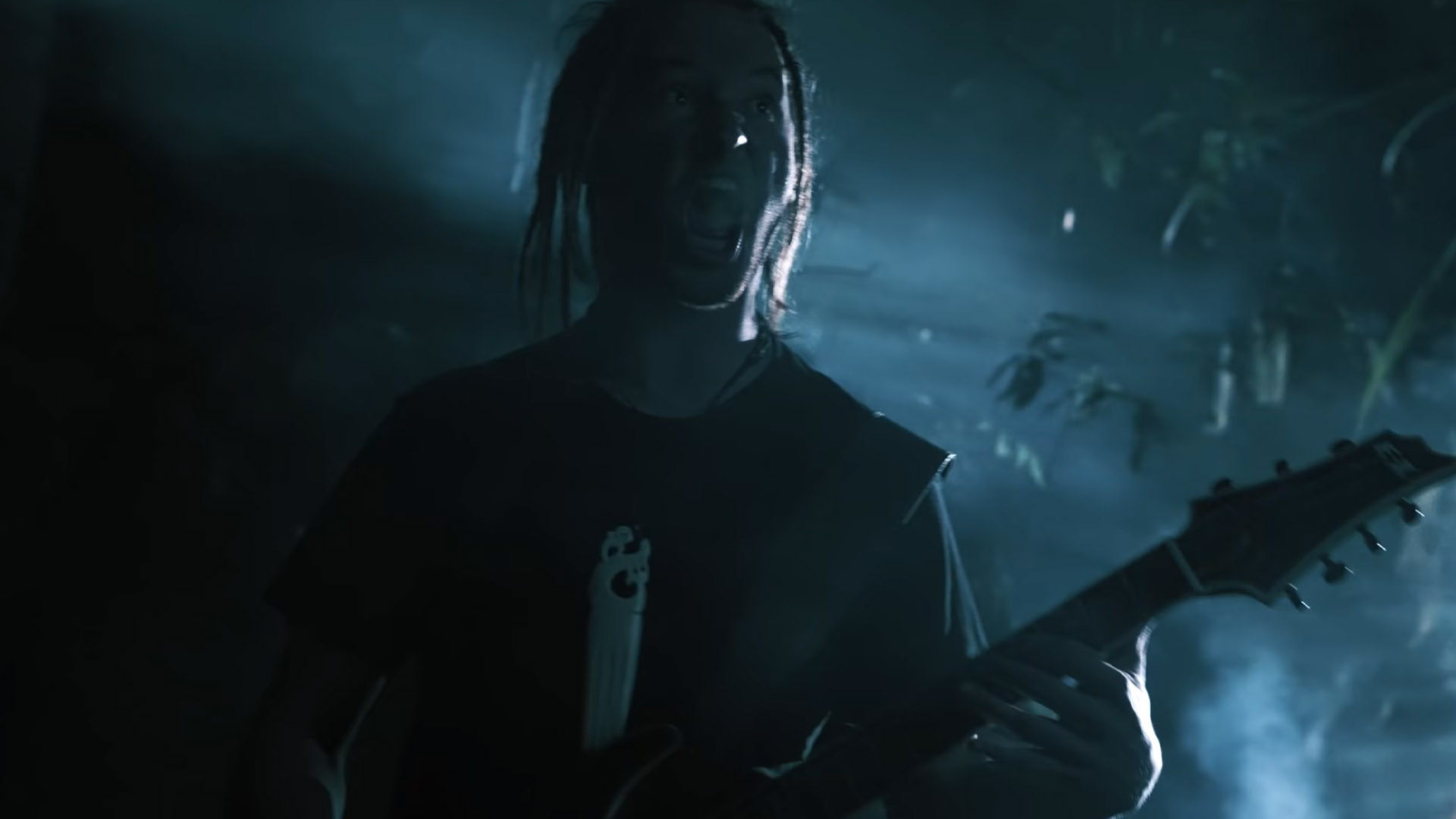
Alien Weaponry lead singer and guitarist Lewis de Jong.
Groove has always been an enormous part of AW’s sound — if the band fit anywhere within the wider heavy metal spectrum it almost certainly comes within that fertile ground of late-90s groove metal — but on Tangaroa, the delivery is more direct and instant, perhaps a reflection of their experiences playing to international audiences.
The real Māori
As with their Tū record, Tangaroa explores themes and stories directly tied into the band’s Māori heritage. Writing in their indigenous language (Te Reo Māori) and interspersing lyrics with English content, Alien Weaponry’s engagement with the subject matter is angled much more towards expositional and educational means than on entertainment. This is not a metal band writing powerful songs about battles or Valhalla; AW’s material is often rooted directly in historical events and thus its effect on the Māori people.
The secret is, they are always angry
One of the strongest thematic throughlines throughout the record is a palpable sense of frustration and anger. This is both a reflection of the characters the songs are written about, but also draws on the musicians’ own first-hand experiences when it comes to the lack of education about Māori cultural practices and how New Zealand is still affected by the long-stretching shadow of colonialism. The band plays these concepts with a lose enough sense of narrative that the songs still retain a universal appeal, a “fuck you” attitude that can be echoed even beyond their own experiences but inherently informed by them.
Balancing expectation with reality
With so much expectation behind them, it would have been easy for Alien Weaponry to over-reach and end up with a Flanderized version of their own formula. Instead, the band has gone bigger in the core metallic components of their sound while cannily only using traditional instruments (taonga puoro) when a song directly calls for it. As such, the focus becomes less on how the band are differing from the usual metal crowd and instead on how heavy metal is a conduit for their concepts and emotions.
That aside, the song ‘Īhenga’ provides probably the most ambitious use of external elements, playing out mostly as an instrumental with woodwind and gang-chants lending a sense of scale to what Alien Weaponry does. An entire record of this could have painted the band into a corner, but sparing use makes it feel like a taste of something slightly more folksy that we may — hopefully — get in the future.
Verdict
7
Out of 10
The Good
- Songs like ‘Blinded’, ‘Buried Underground’, and ‘Dad’‚ have the hallmarks of arena-quality metal, massive grooves, and riffs set against punchy choruses that feel effortlessly enormous but does not dilute the strength of the song.
- The record’s gentler moments (particularly Crooked Monsters), while rare, allow for some wonderful emotional nuances that further expand the inherently personal aspects of Alien Weaponry’s songwriting.
- Alien Weaponry is not peddling gimmicks – by and large, Tangaroa is a straight-ahead metal thrasher that can go punch-for-punch with the bands breaking through into the metal mainstream.
Additional thoughts
- Production-wise, Tangaroa feels a lot rawer than its predecessor. Some of the nuances of the band’s sound have been lost and as such there are times where it all feels too sparse.
- The record seldom changes pace, meaning the sonic journey thumps along flat terrain for much of its run-time.
Conclusion
The production of AW’s second LP Tangaroa may let it down some by sanding down the band’s edges and eccentricities a little too harshly, but the album itself does not halt their momentum at all in terms of craft or songwriting. Dialed up to be even more personal and culturally explorational than their first record, Tangaroa affirms Alien Weaponry as a powerful creative proposition that you would do best to mind as they make good on their world-conquering capabilities.
Tangaroa is out now on Napalm Records. An exclusive vinyl can be obtained from Amazon (see review box above for link.) The new Alien Weaponry record is also streaming on the usual music services — plus, two proper music videos have been made available on YouTube as can be seen below.





